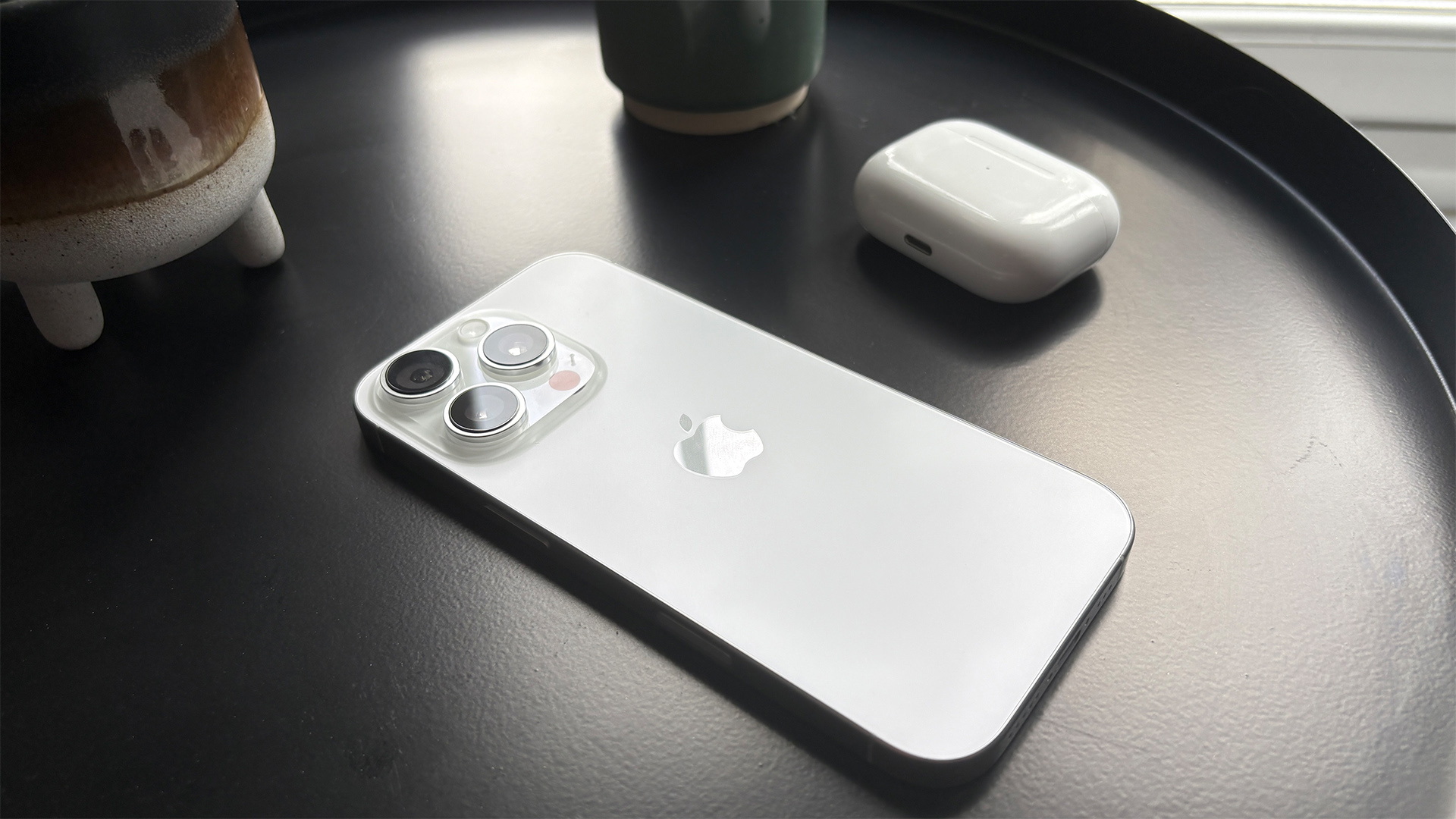What Hi-Fi? Verdict
An astonishingly good phone made marginally but undeniably better
Pros
- +
Stunning picture quality
- +
Great sound
- +
Brilliant battery life
Cons
- -
Fairly mild update
- -
Standard iPhone 13 arguably better value
Why you can trust What Hi-Fi?
There will always be some people who’ll buy the most expensive iPhone that Apple produces each year, either because they’ve got deep enough pockets to not have to consider otherwise, or because they simply have to have the best, even if the best isn’t necessary for them.
Most of us, though, have to make a far more thorough value assessment. Are the upgrades over the standard model things of which you’ll genuinely take advantage, or are you in danger of paying for specs and features that you’re unlikely to use?
And so it is with the iPhone 13 Pro Max, Apple’s biggest, fastest and ‘best’ iPhone for 2021. It’s no great departure from its predecessor, as the near-identical design will likely attest, but it has received some meaningful upgrades. The question is whether those upgrades have significant value to those of us whose core concerns are video and audio quality.
- Want the best 2022 iPhone? Here are all the iPhone 14 Pro and Pro Max leaks
Price
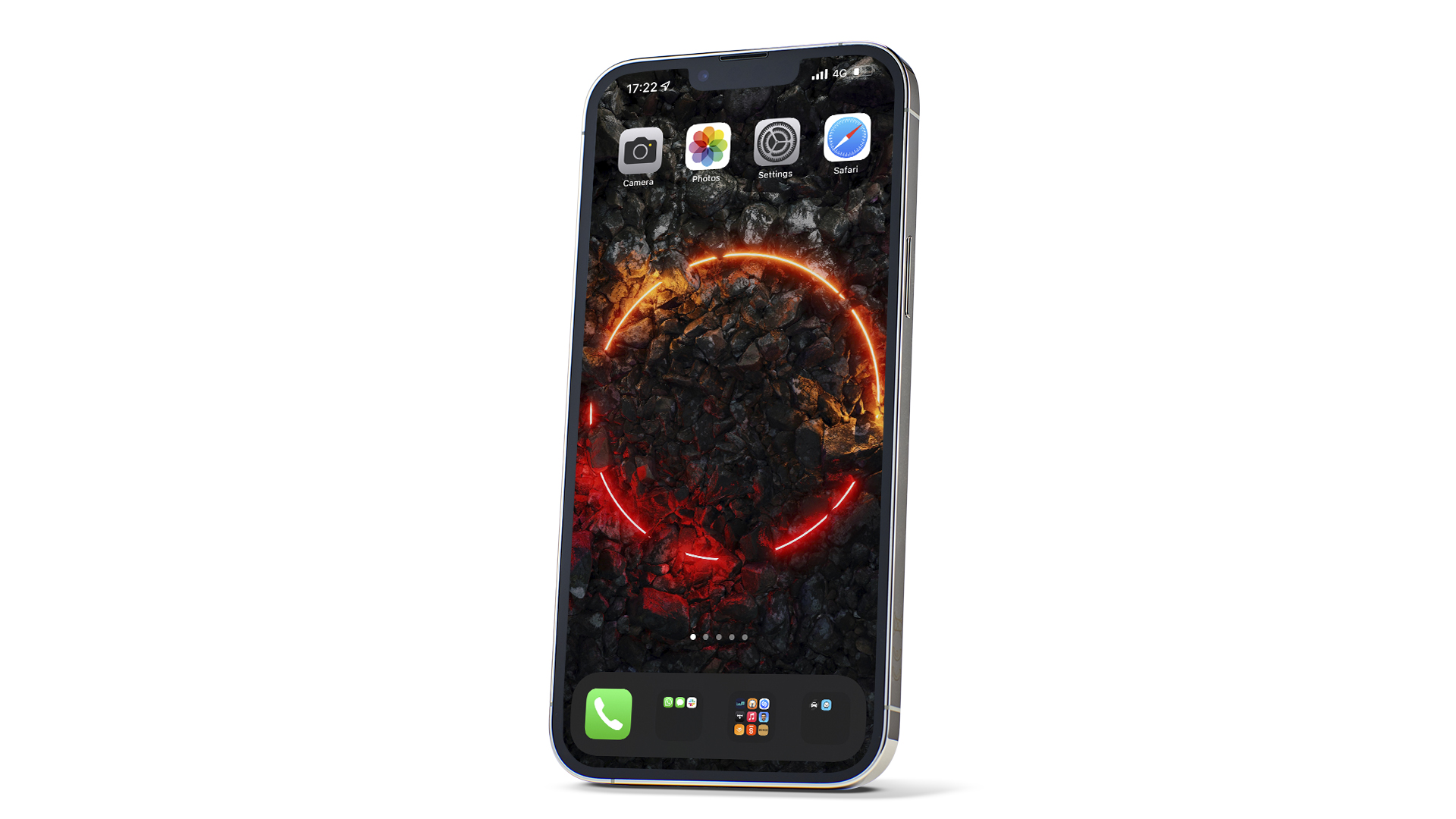
The iPhone 13 Pro Max’s price starts at £1049 / $1099 / AU$1849. That will buy you a 128GB model. It’s also available in 256GB, 512GB and now even 1TB versions, but you’ll pay handsomely for each step up the capacity ladder, with the top 1TB model priced at £1549 / $1599 / AU$2719.
If you’d prefer a smaller handset, you can save £100 / $100 / AU$150 and go for the standard-sized iPhone 13 Pro which, other than being physically smaller and therefore having a smaller screen (6.1 inches as oppose to 6.7 inches), differs from the Pro Max only in battery life.
For comparison, the standard, non-Pro iPhone 13 starts at £779 / $799 / AU$1349.
Design
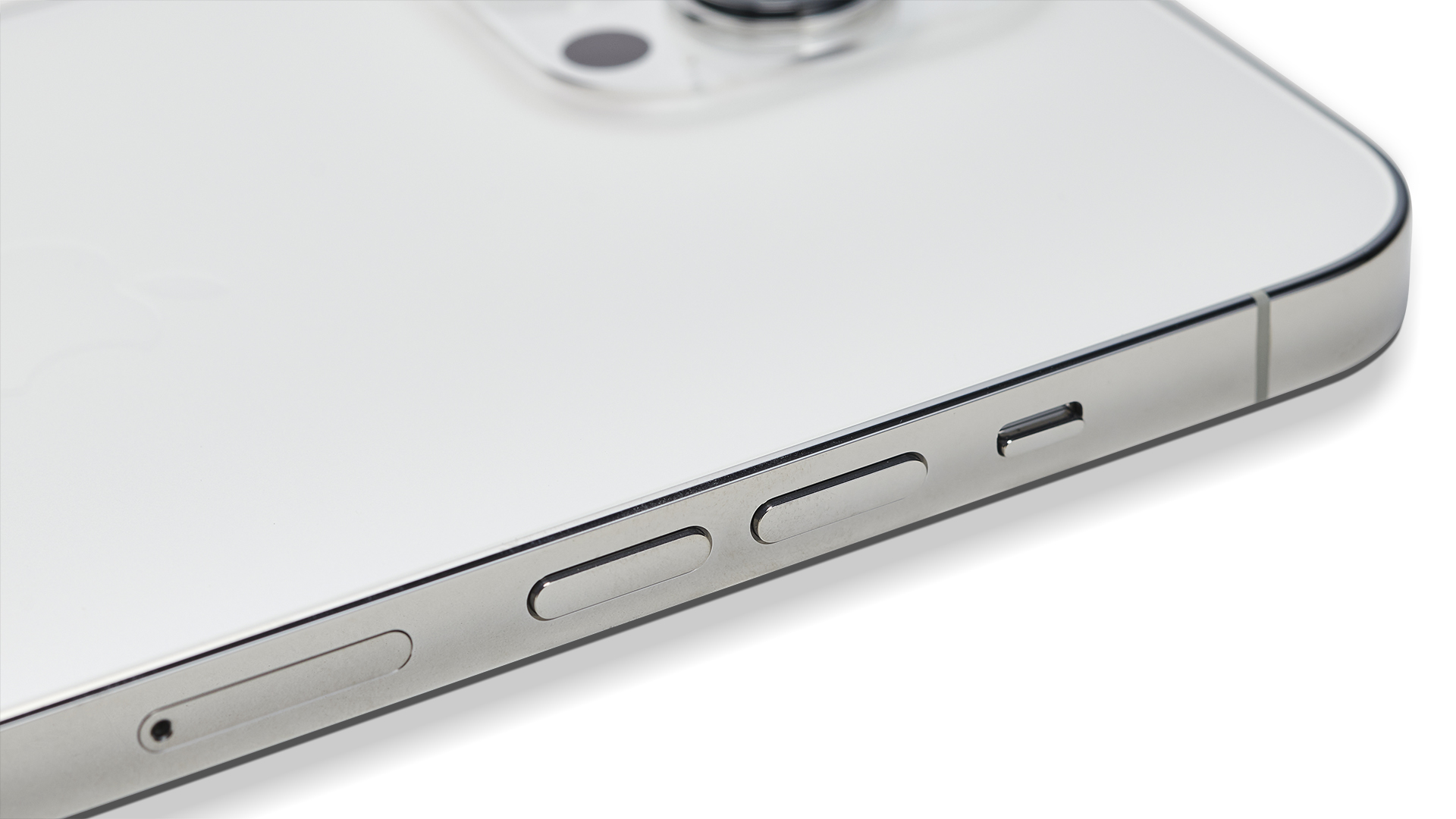
Likely coming as a surprise to almost no one, the iPhone 13 Pro Max looks remarkably similar to the iPhone 12 Pro Max. In fact, the dimensions are practically identical, with only a tiny (we’re talking 0.25mm) increase in thickness from the previous generation to this one. That miniscule increase is the result of the upgraded camera lenses, which also represent the most obvious visual difference between the two models, at least when examining them side-by-side – each of the three cameras is clearly larger than the previous equivalent, and the cluster therefore takes up a noticeably larger portion of the phone’s rear.
The shape of the notch in the screen has changed, too. In terms of overall size, the 13 Pro Max’s notch is 20 per cent smaller than that of the 12 Pro Max, but that’s less noticeable than the fact that it’s narrower but taller. There are those who get very animated about screen notches, and you might expect us cinema purists to be in that camp, but it’s amazing how quickly you entirely stop noticing it, particularly if you watch films in the default letterbox ratio, which has a black surround into which the notch perfectly blends.
Cameras and notch (and colours) aside, the iPhone 13 Pro Max looks identical to its predecessor, right down to the positioning of its various buttons (volume and the silent switch on the left edge, home on the right) and other accoutrements (the Lightning connector flanked by speaker perforations on the bottom edge and SIM card slot below the volume controls).
All told, while a lack of aesthetic development is always disappointing to some degree, the iPhone 13 Pro Max is a beautiful bit of kit that gives off the impression of something that’s been sculpted rather than manufactured. That said, it’s not as ergonomic or grippy as it might be, which is perhaps a result of the assumption that practically every buyer will put a case on it, rather undermining all of the effort put into its slimness and style.
Features
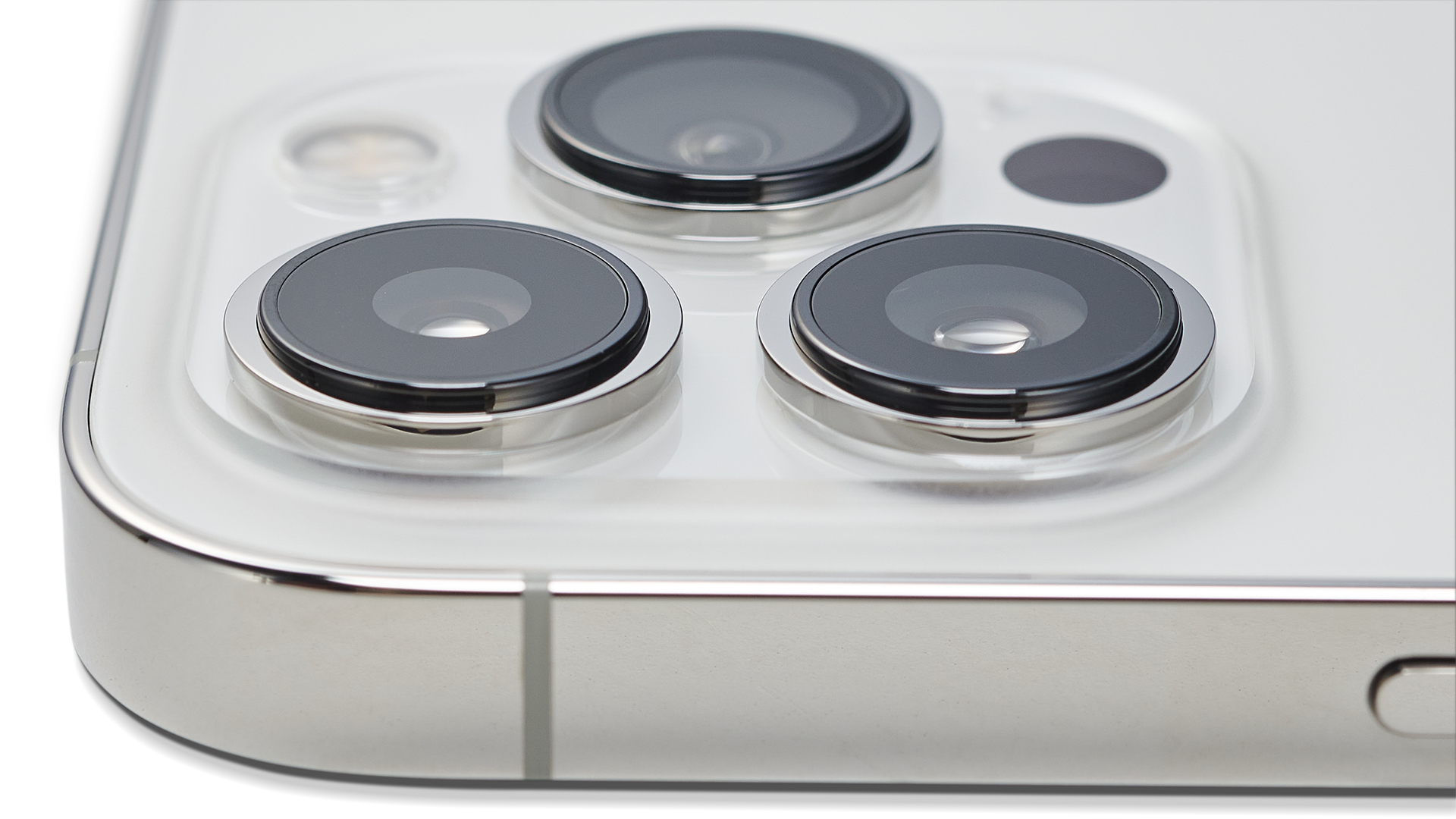
While it’s not our primary area of concern, it’s worth tackling the camera system of the iPhone 13 Pro Max first, seeing as that’s arguably the biggest – and certainly the most visibly noticeable – of its upgrades over the previous model. As before, the system consists of Telephoto, Wide and Ultra Wide cameras, but each has been improved, most obviously in the increased size of the apertures of the Ultra Wide and Wide cameras. This allows both cameras to gather significantly more light, making for better and faster low-light photography. The Ultra Wide camera also now has auto-focus, and that allows for the sort of macro photography that wasn’t available before.
The Telephoto camera, meanwhile, has seen an increase in optical zoom from 2.5x to 3x, which adds more flexibility to portrait photography. The optical zoom of the camera system as a whole has risen from 5x to 6x, and digital zoom from 12x to 15x.
As before, video can be captured at up to 4K/60fps with Dolby Vision, but an incredibly impressive Cinematic mode has also been added that allows for in-video depth-of-field changes, both when filming live and after the fact. The iPhone automatically identifies faces in your videos and allows you to switch focus from one to another with a single tap. Video capture in Cinematic mode is limited to 1080p/30fps, but we can still imagine many amateur cinematographers having fun with it.
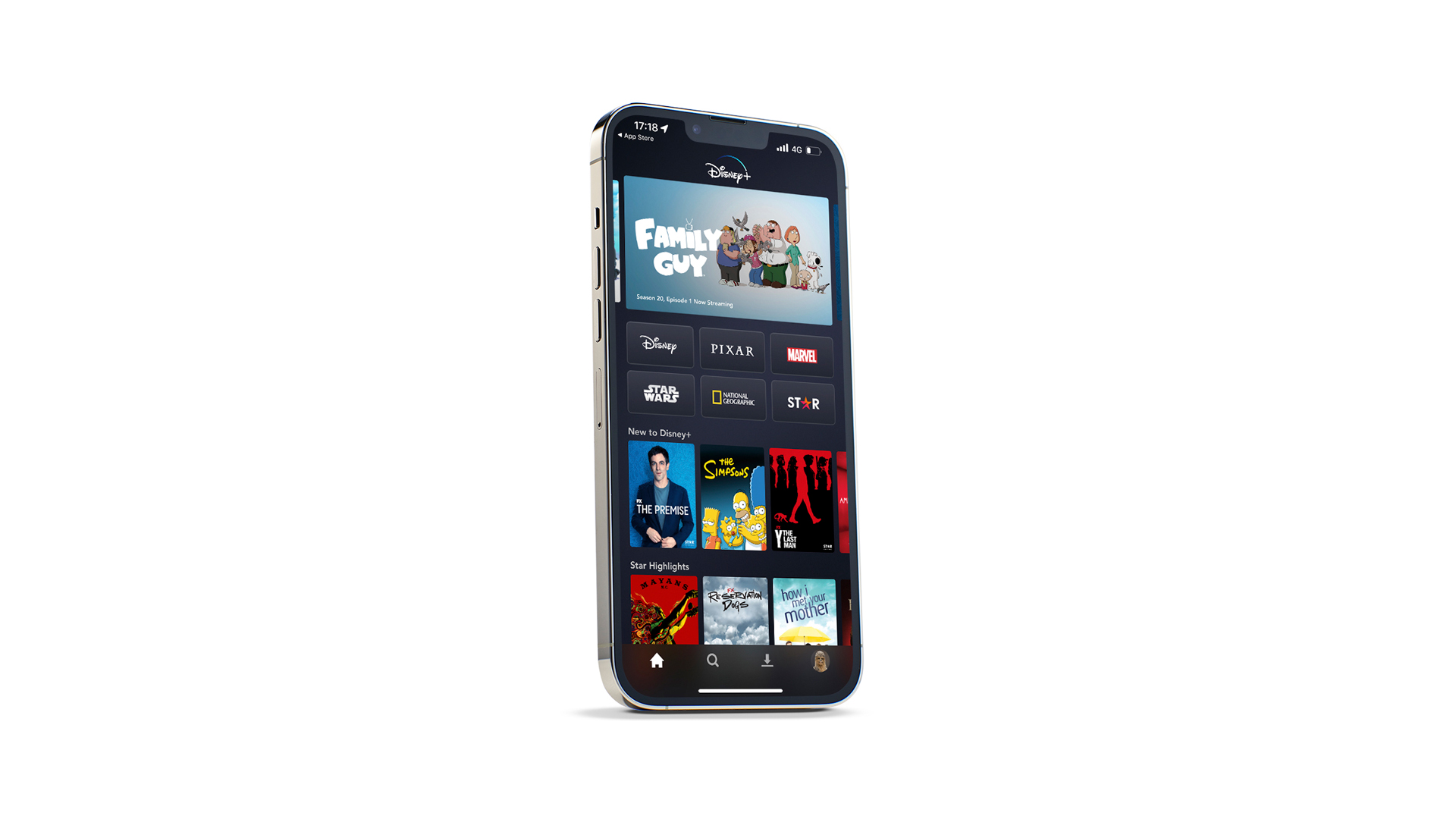
Screen size 6.7 inches
Type OLED
Resolution 2778 x 1284 (458 ppi)
Operating system iOS 15
Finishes x4
Battery life 28hrs video, 95hrs audio
Dimensions (hwd) 161 x 78 x 7.7mm
Weight 238g
Capacity 128GB, 256GB, 512GB, 1TB
Crucially, while these camera upgrades put more creative power at the fingertips of serious photographers and videographers, they also result in slightly higher-quality pics for those of us who simply point and shoot, particularly in low-light conditions, where the iPhone 13 Pro Max avoids the slight over-brightening of its predecessor while still digging up loads of detail.
It’s not just the cameras themselves that are responsible for the great photos and videos – they’re also the result of clever software and beefy new processors. The iPhone 13 Pro Max’s A15 Bionic chip is paired with a 5-core GPU (Graphics Processing Unit), and it’s this that unlocks the most advanced camera features as well as smoother and more responsive gaming experiences. That said, neither the iPhone 12 Pro Max or standard iPhone 13 feel anything but lightning fast right now, and it’s only over time and the introduction of more demanding games and other apps that the gap in performance might really be felt.
Lots of people will quickly notice and appreciate the extra battery life of the new iPhone 13 Pro Max, though. The 12 Pro Max was already capable of lasting well over a day of heavy use for most people and, thanks to a larger battery and oodles or hardware and software efficiencies, the new model goes a lot further – about two and a half hours further in general use, and much longer than that with specific activities such as watching streamed videos.
Contributing to the increased battery life is the iPhone 13 Pro Max’s new ProMotion display, which not only has a maximum refresh rate of 120Hz (unlike the 60Hz maximum of previous models), but can vary its refresh rate as needed. Very little going on on-screen? The refresh rate can drop to as little as 10Hz in order to conserve battery. But as soon as action is needed, the refresh rate increases, right up to 120Hz. The result of the extra refresh rate headroom is a super-responsive, super-smooth and super-sharp user experience that, in its crispness, makes the iPhone 12 Pro Max look a little blurry.
The 6.7-inch screen has been upgraded in other ways that should appeal to us AV addicts as well, most notably in that it uses a brighter OLED panel. That said, Apple only discusses an average brightness increase (from 800 nits to 1000 nits) in relation to use of the phone outside – it doesn’t allude to any changes to HDR video peak brightness, which is said to be 1200 nits, as it was last year.
Picture
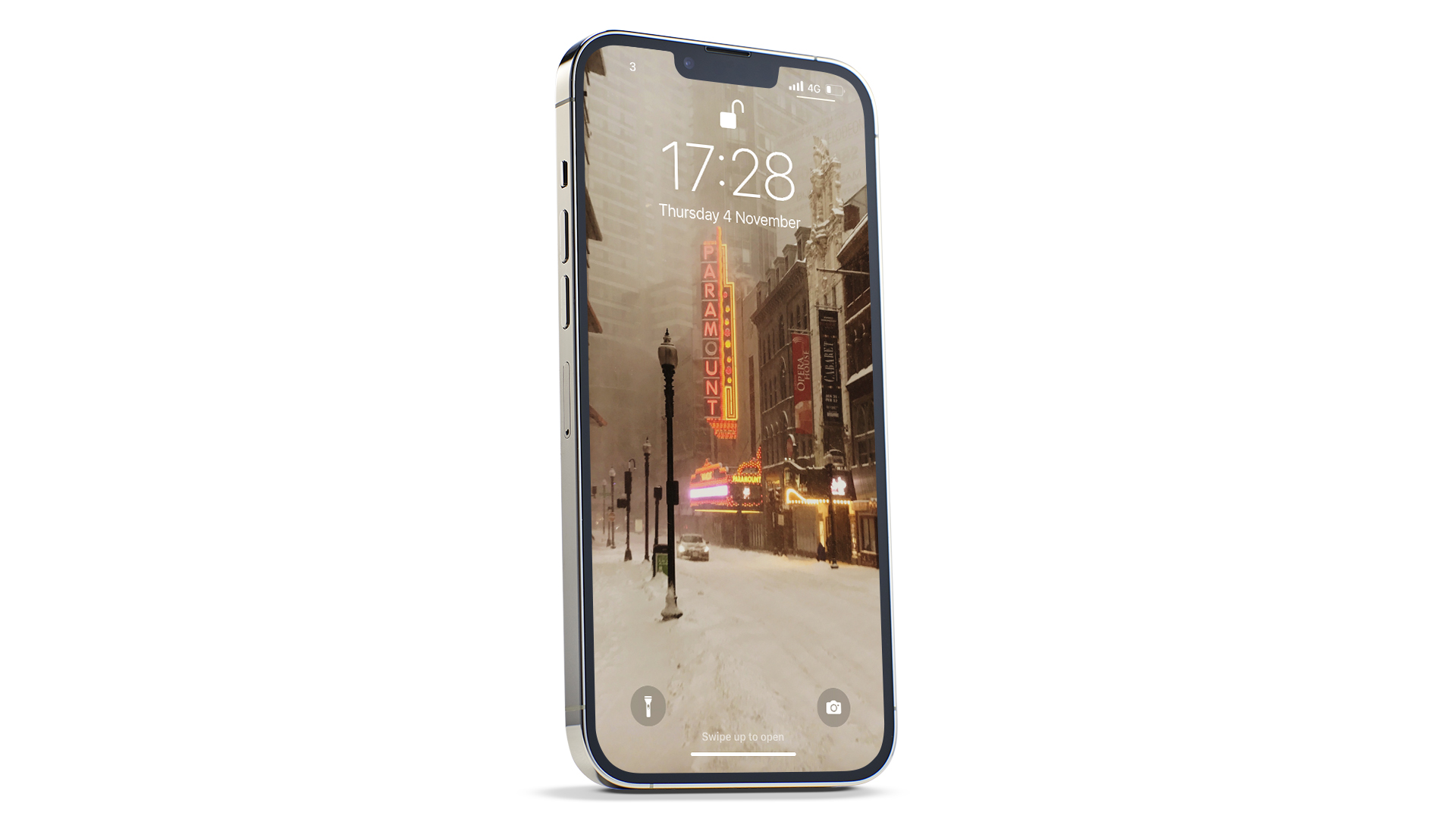
That might suggest that the picture performance must be the same as last year and, indeed, playing It in Dolby Vision, the pictures provided by the iPhone 13 Pro Max and iPhone 12 Pro Max are very similar indeed. However, there’s definitely a little extra pop to the new model, both in terms of bright highlights such as the creepy pharmacist’s white lab coat, and in warmer colours such as his ruddy face and Beverly’s auburn hair. The differences are slight, and that’s wise – the 2020 handset was already an impressively neutral and balanced performer and its successor doesn’t diverge dramatically from that approach, with that marginal extra vibrancy enhancing rather than exaggerating the general look of the movie.
As one of the bullies hunts for poor old Ben in the Derry sewers, the newer of the two phones also delivers just a smidge of extra dark detail without diluting the overall OLED purity of the deepest blacks.
While the image isn’t actually any sharper than that of the iPhone 12 Pro Max, the enhanced contrast and increased colour differentiation do make it look a little more solid and three-dimensional. In short, this is the same superb Dolby Vision performance put in by last year’s Pro Max, but with an extra five-or-so per cent added on top. It’s the best iPhone made just a little bit better.
It’s the same story when we switch to Three Billboards Outside Ebbing, Missouri in HDR10 – at first glance you could be forgiven for thinking you were looking at two identical displays, but look a little closer and you can see the extra shine in Chief Willoughby’s well-polished badge and a little extra lustre to the red of the titular billboards.
The extra richness of the 13 Pro Max is a little more pronounced with SDR content, with the gruesome Bone Tomahawk having a more obvious cinematic warmth that purists will likely appreciate. That extra warmth, though, also comes with brighter, purer highlights and a general extra crispness. We’re still talking about marginal differences overall – the two phones are far more alike than they are different – but there’s no denying that the new model is better.
And if you’ve not watched a film on a recent iPhone Pro, it’s broadly like watching a film on a miniaturised LG OLED TV. Imagine having one of those in your pocket wherever you go.
Sound
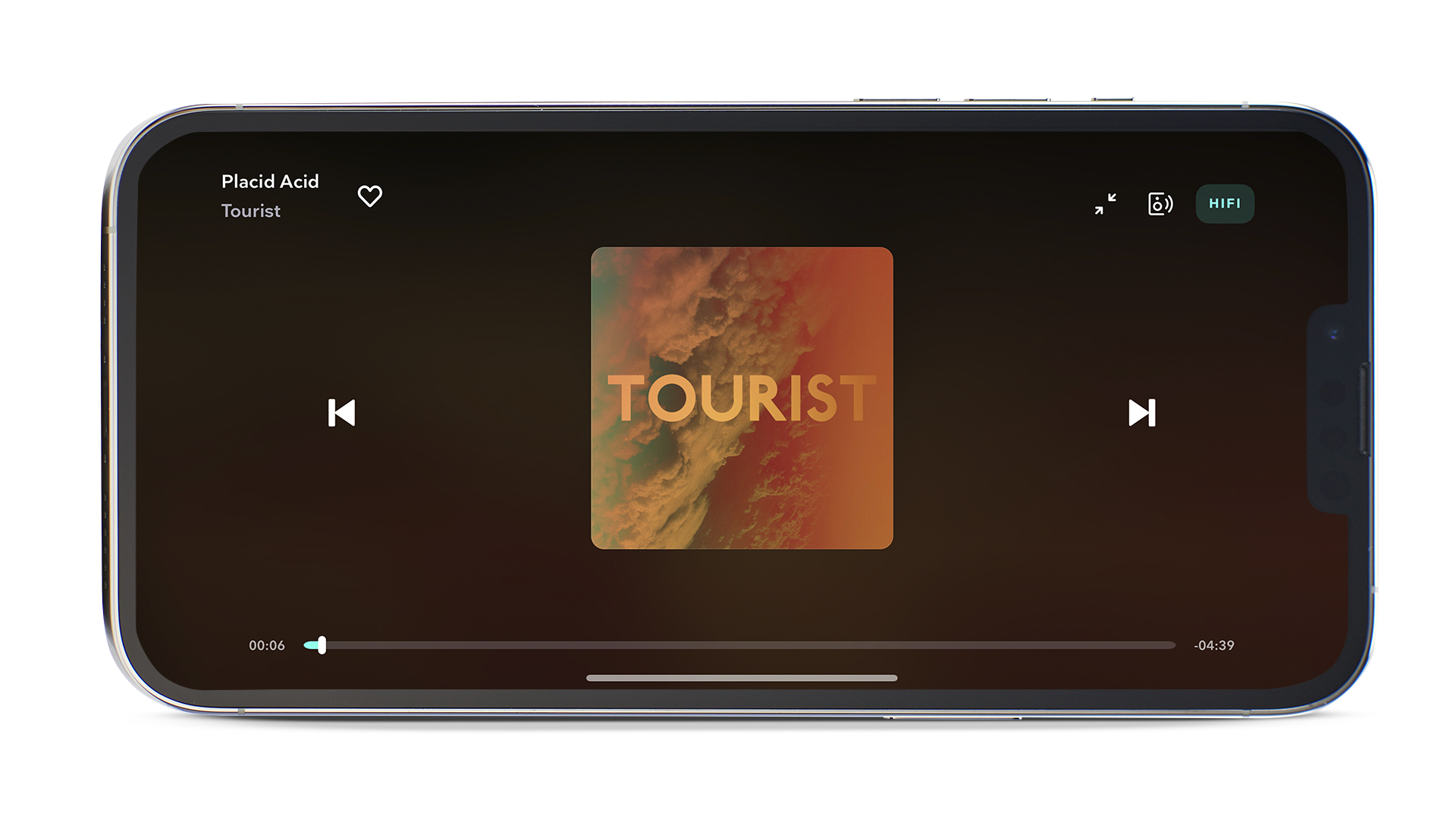
While Apple has made no claims (that we’ve seen) regarding upgraded speakers, the new iPhone 13 Pro Max does sound better than its predecessor when played out-loud. Playing Trials Of The Past by SBTRKT, Sampha’s vocals are clearly fuller and better projected than they are from the 12 Pro Max, which itself sounds very good by phone standards. Clearly, there are limits to what tiny speakers can accomplish, and we’d strongly recommend against listening to any phone out loud if you can help it, but the iPhone 13 Pro Max certainly sounds better than the rest, particularly in terms of weight, dynamics and detail.
Plug in (via the optional adapter) a pair of wired headphones, and there’s no discernible difference between the deliveries of the new and outgoing Pro Max iPhones. That’s no bad thing – the iPhone 12 Pro Max was already one of the most musical phones you could buy. Play Swerve City by Deftones via Apple Music and there’s a degree of drive and attack that few can match and that suits the track to a tee. Rhythmically and dynamically, the iPhone 13 Pro Max is second to none, and it maintains the general balance and neutrality for which Apple products are renowned. It sounds better than the standard iPhone 13, too, with a slightly weightier bottom end and smoother treble.
Hop into the settings for Apple Music and you can enable Dolby Atmos via wired headphones, but to get the full Dolby Atmos / Spatial Audio experience across a variety of apps and with full head-tracking, you need a pair of AirPods 3, AirPods Pro or AirPods Max. That really is an investment worth making if you’re someone who watches movies on the move, as it adds hugely convincing cinematic sound, particularly if using the (admittedly very expensive) AirPods Max.
Verdict
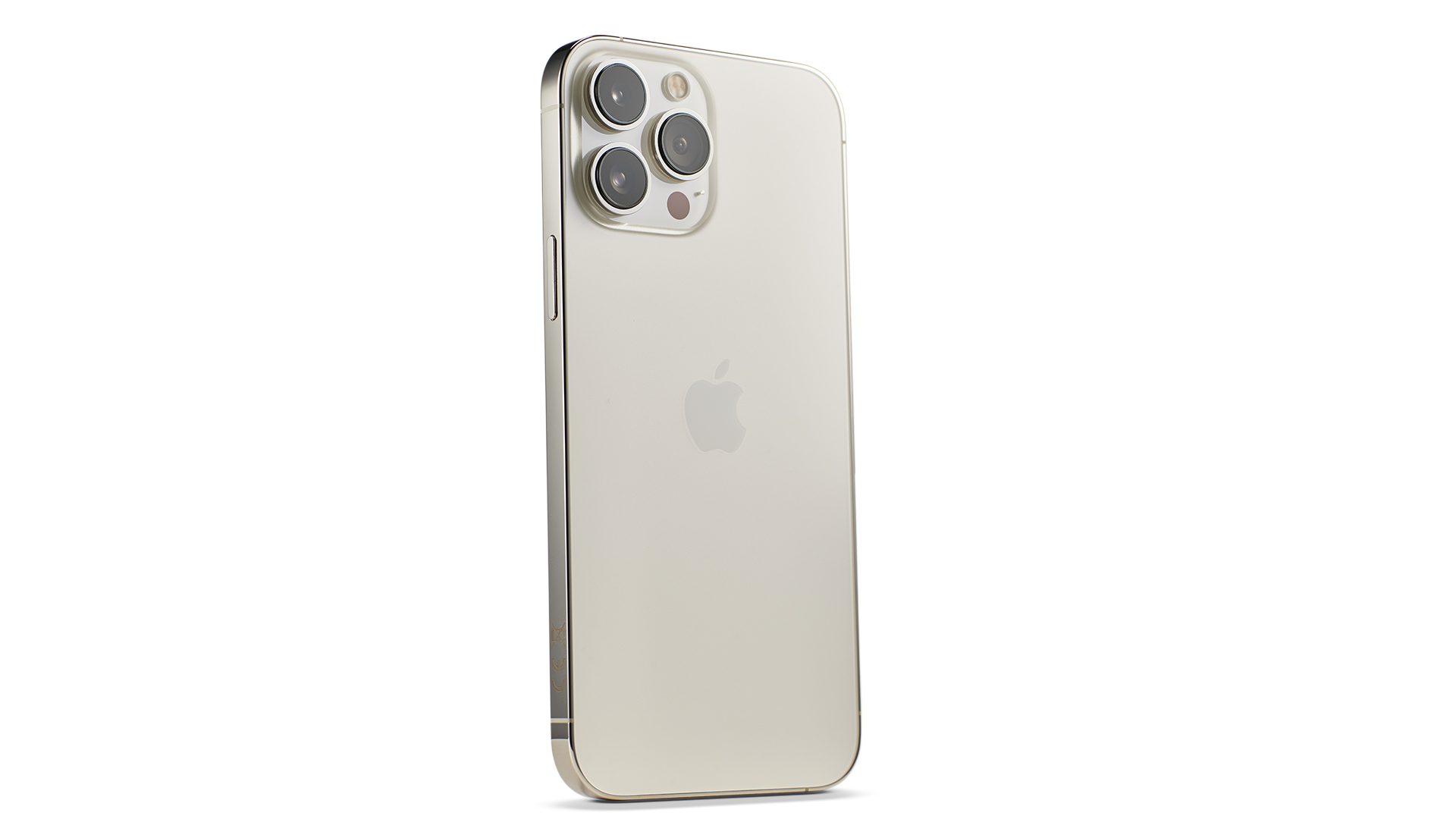
The iPhone 13 Pro Max isn’t a huge upgrade on its predecessor, but it is meaningfully better in a few ways, most notably the battery and camera. Just as important to us is that the screen is even better than before, and the built-in speakers have been improved, too.
That said, the standard iPhone 13 remains the best performance-per-pound choice in the 2021 iPhone range. The 13 Pro Max is undeniably better in every meaningful way, but a lot of what you’re paying for is the super-sophisticated camera that many users won’t take full advantage of.
Even so, if you’ve got the funds and want the best, the iPhone 13 Pro Max is certainly that, particularly if you can pair it with a pair of AirPods Max headphones.
SCORES
- Screen 5
- Sound 5
- Features 5
MORE:
Read our Apple iPhone 13 review
Read our review of the Sony Xperia 1 III
Also consider the OnePlus 9 Pro
These are the best smartphones for music and movies
What Hi-Fi?, founded in 1976, is the world's leading independent guide to buying and owning hi-fi and home entertainment products. Our comprehensive tests help you buy the very best for your money, with our advice sections giving you step-by-step information on how to get even more from your music and movies. Everything is tested by our dedicated team of in-house reviewers in our custom-built test rooms in London, Reading and Bath. Our coveted five-star rating and Awards are recognised all over the world as the ultimate seal of approval, so you can buy with absolute confidence.

